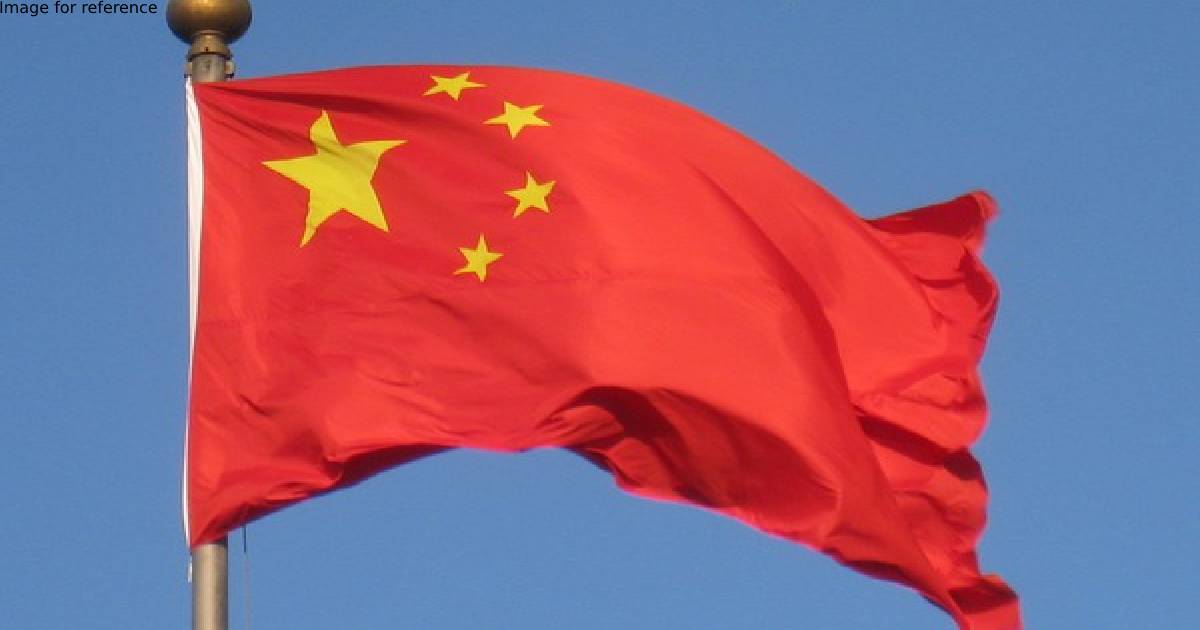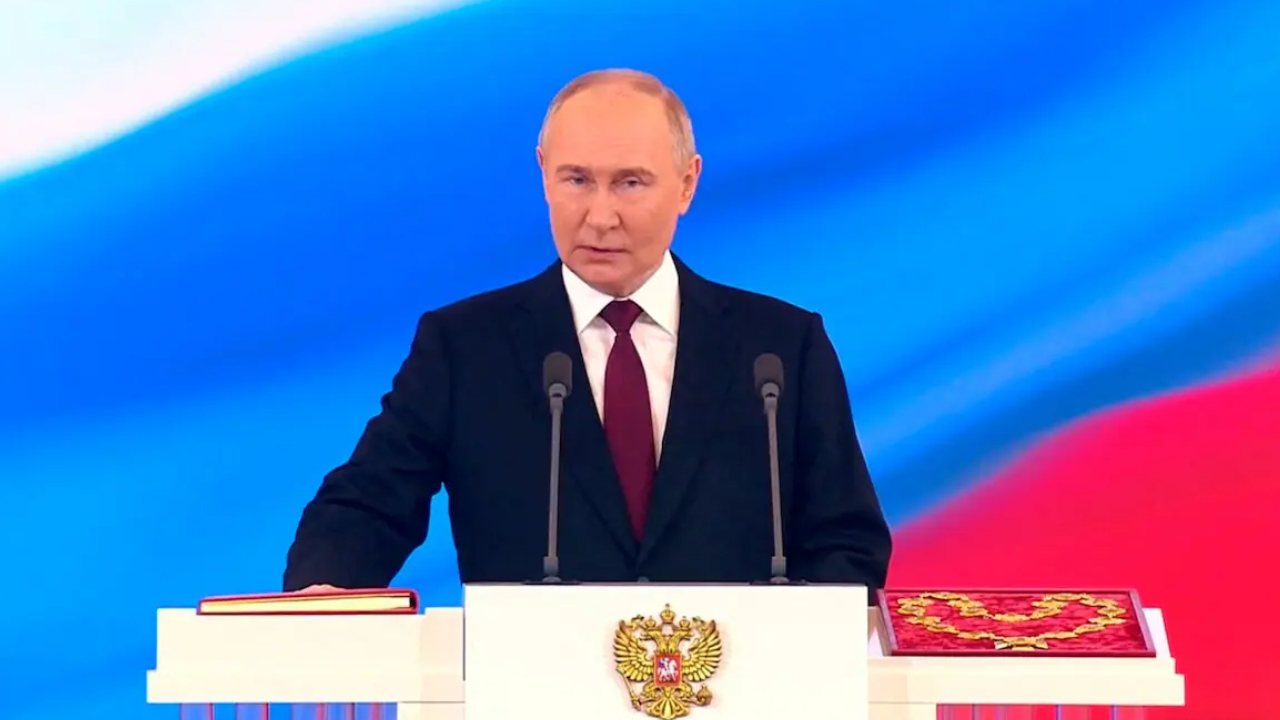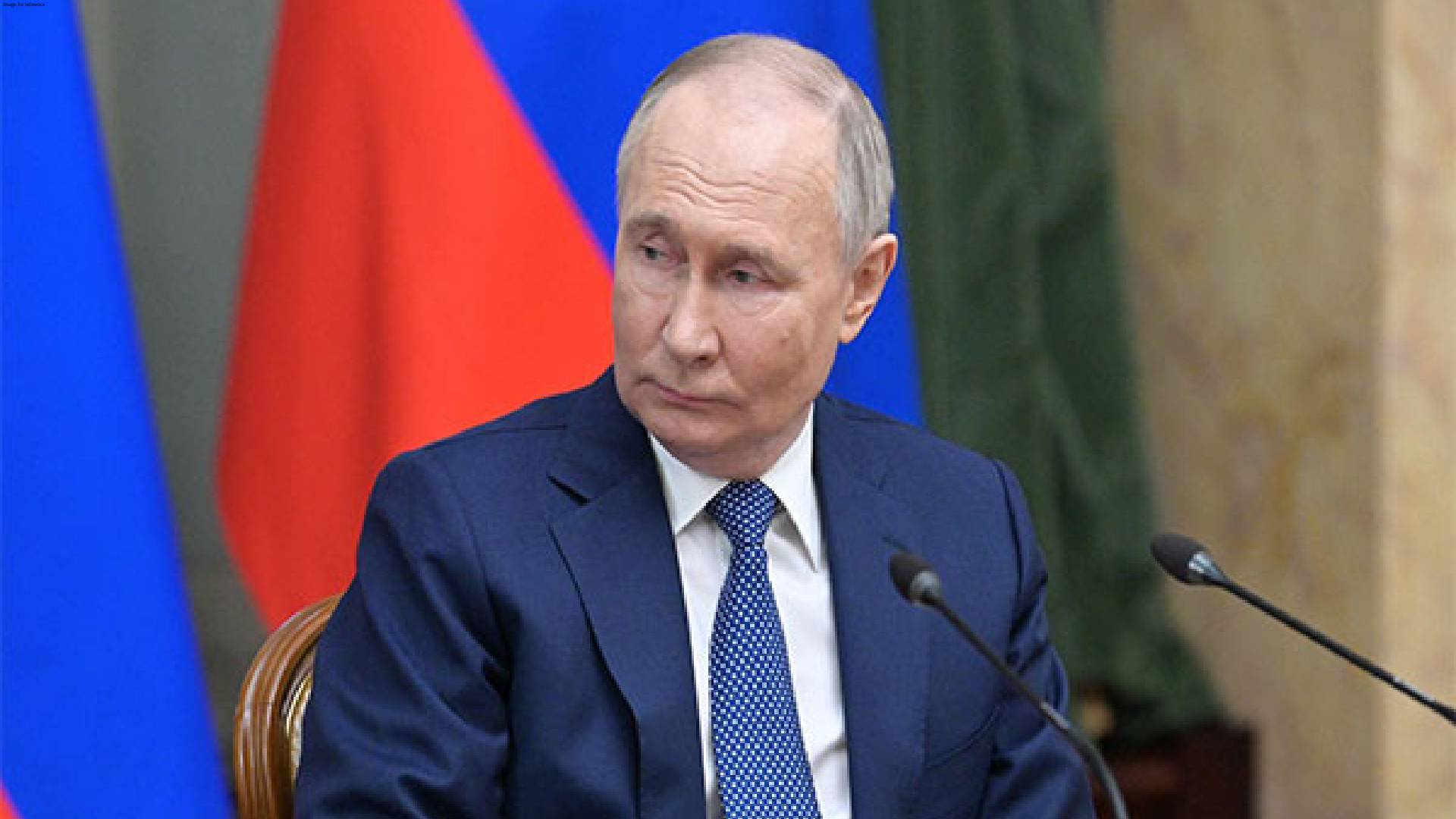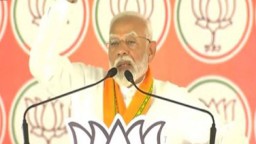Latest News
Chinese debt trap diplomacy behind Sri Lankan's bankruptcy: Expert

Brussels: The debt trap policy of China has affected the Sri Lankan economy as Colombo was declared bankrupt due to Beijing's Belt and Road Initiative projects in the south Asian country, according to experts.
The debt trap diplomacy of China has severally affected the fundamental and human rights of several South Asian countries including Sri Lanka, according to experts. Speaking at an international conference -- China Debt Trap, several prominent members across the globe raised concerns over the Chinese debt trap, which is being expended through its Belt & Road Initiative projects in several South Asian countries.
"Many Chinese Belt & Road Initiative projects fall too heavily on the debt of underdeveloped countries," Andy Vermaut President Postversa, President World Council for Public Diplomacy and Community Dialogue told reporters on September 8.
"I would want to express my love for all individuals who have fallen into the trap of rejecting the China Debt Trap since this is the falsehood that is now being propagated worldwide under pressure from the Chinese propaganda machine, " he said further in the conference.
The conference was organised, by the World Council for Public Diplomacy and Community Dialogue.
Citing Sri Lanka's example Andy Vermaut said; "The situation of Sri Lanka is raising a new global worry as a result of China's global lending to underdeveloped nations. This is a very serious and timely problem. The debt that developing nations owe China is a significant issue. Many Belt & Road Initiative projects fall too heavily on the debt of underdeveloped countries, and many of these nations are unable to fulfill their debts. Thus, this is an actual issue.
Sri Lankan walked into China's "debt trap" diplomacy and has been facing its worst nightmare till now. It has become a cautionary tale of misgovernment and misfortune as the sweeping impact of the pandemic crashed the vital tourism sector.
"Sri Lanka has awoken the global community to this problem. The notion that China is accumulating debt with weaker nations in order to gain power over them and acquire both private and public assets is a very sophisticated strategy to completely rule the globe," said to media persons.
While Sid Lukkassen, an author and political philosopher raised concerns
"An example of this is Sri Lanka, where an enormous harbor was built and financed by Chinese loans. The Sri Lankan government could not meet its payment obligations, forcing it to pawn the port to China until 2116. This means that China gained a geopolitical base in the heart of the Indian Ocean. Fitting in with this is the Belt and Road Initiative," he said.
"China invests seven trillion dollars in building a network of transportation and energy connections across 64 countries. How many of these deals will eventually turn out to be 'Sri Lankan ports'? Also in Europe, China wishes to deploy its geopolitical soft power. China has a long-standing tradition in which enterprise and state power are intertwined. But that is not the most far-reaching consequence for the peoples of Europe. Whoever controls the flow of capital also influences geopolitics. Whoever controls geopolitics, influences culture," he added in the conference.
Thursday's conference was attended by various speakers including Monica Andrei (International Programme Manager working for the European Commission), Manel Msalmi (EP Mena Affairs and European Association for the Defense of Minorities, President MR Women Brussels), David Vander Maelen - Hiking for Children, Tibet Support Group Belgium and Sid Lukkassen, Author and political philosopher. (ANI)





















